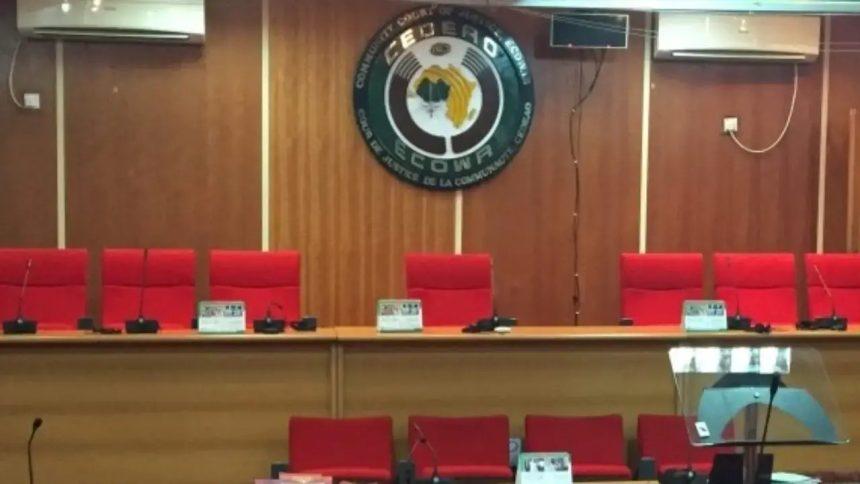The Transition Monitoring Group (TMG), West Africa Civil Society Forum (WACSOF), and Civil Society Legislative Advocacy Centre (CISLAC) expressed dismay over the recent announcements of the Republic of Niger, Mali, and Burkina Faso withdrawing from the Economic Community of West African States (ECOWAS).
In a press conference held in Abuja, leaders of the organizations highlighted their concerns about the potential disintegration of a community known for regional integration in Africa.
Executive Director of CISLAC, Auwal Ibrahim Musa Rafsanjani, General Secretary of WACSOF, Kop’ep Dabugat, and TMG’s Najaatu Mohammed, emphasized their condemnation of military rule in the region while urging member states to reflect on the collective achievements of regional integration, including peace missions, free mobility, trade enhancement, and infrastructural development.
The CSOs called on Niger, Mali, and Burkina Faso to reconsider their decisions to withdraw from ECOWAS, citing the region’s advancement in discussions on a single market for trade and development. They urged leaders to prioritize diplomacy and dialogue over disintegration.
READ ALSO: Security Agencies Commence Investigation Into Kidnapping of FHA Staff
In pursuit of a more integrated West African community, CISLAC, TMG, and WACSOF called for intensified engagements among state and non-state actors to ensure a united ECOWAS.
The organizations also urged military authorities in the withdrawing countries to roll out transition plans leading to a swift return to civil rule and the restoration of democratic order.
Emphasizing fairness, transparency, and accountability, the CSOs urged military authorities to recuse themselves from transitioning to civil rulers. They stressed the importance of free, fair, and credible elections to restore trust in democratic processes.
The organizations called for the removal of sanctions imposed on the withdrawing countries, emphasizing the need to uphold the non-aggression treaty signed in 1976.
They urged ECOWAS leaders to operate under principles of mutual respect, protecting each member state’s internal affairs while advocating for continued dialogue and civil engagements to ensure democratic stability in the region.



